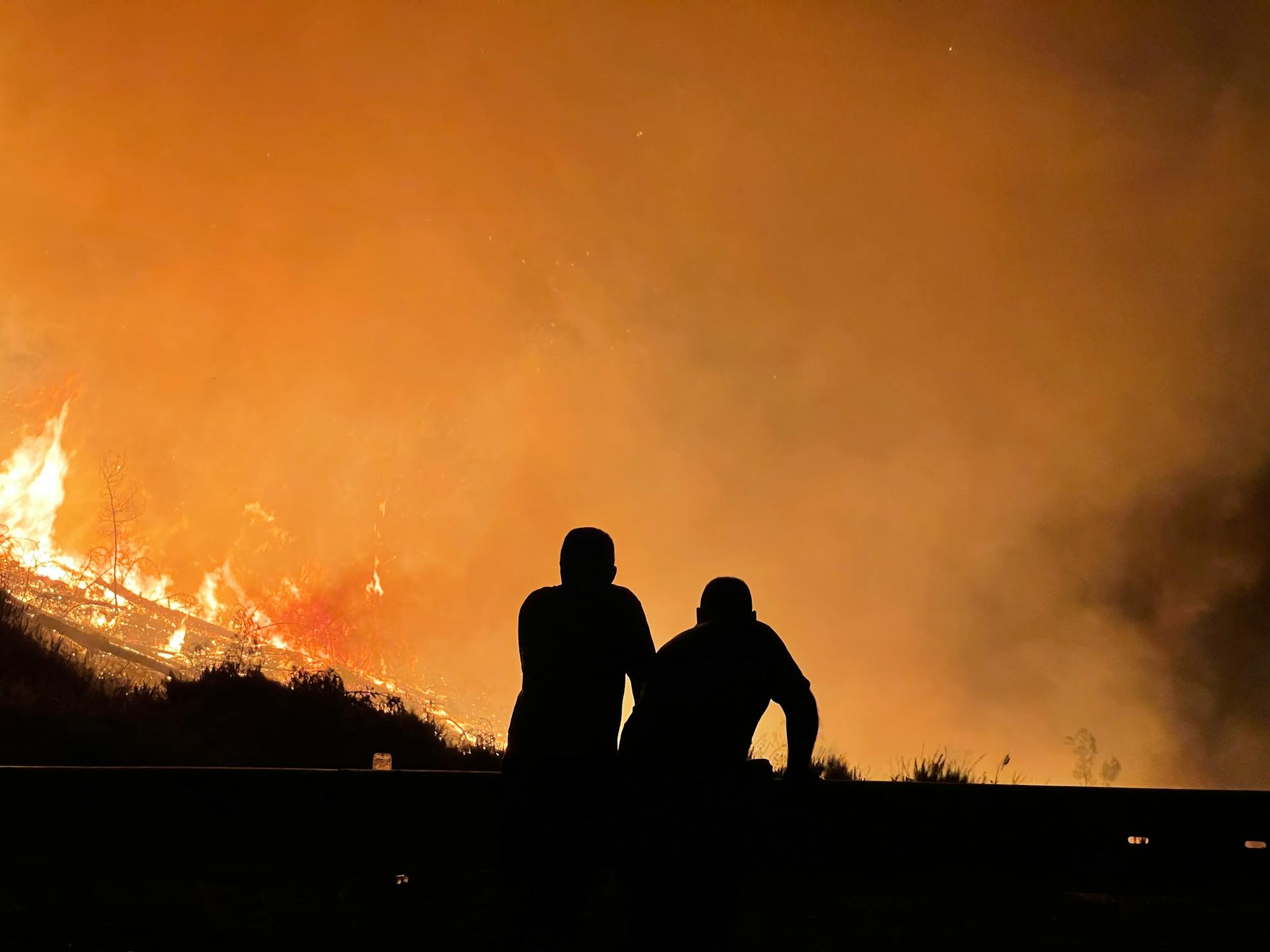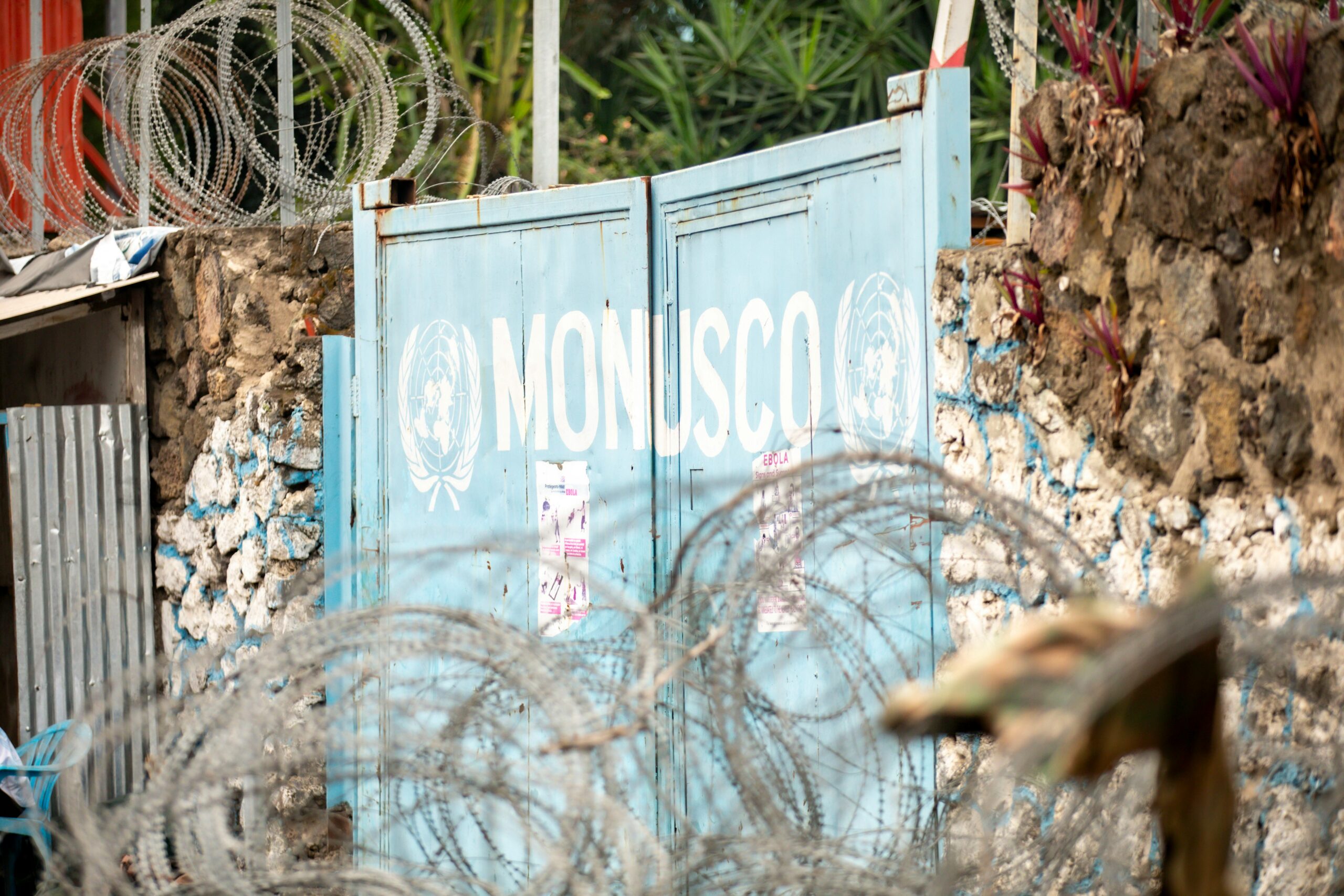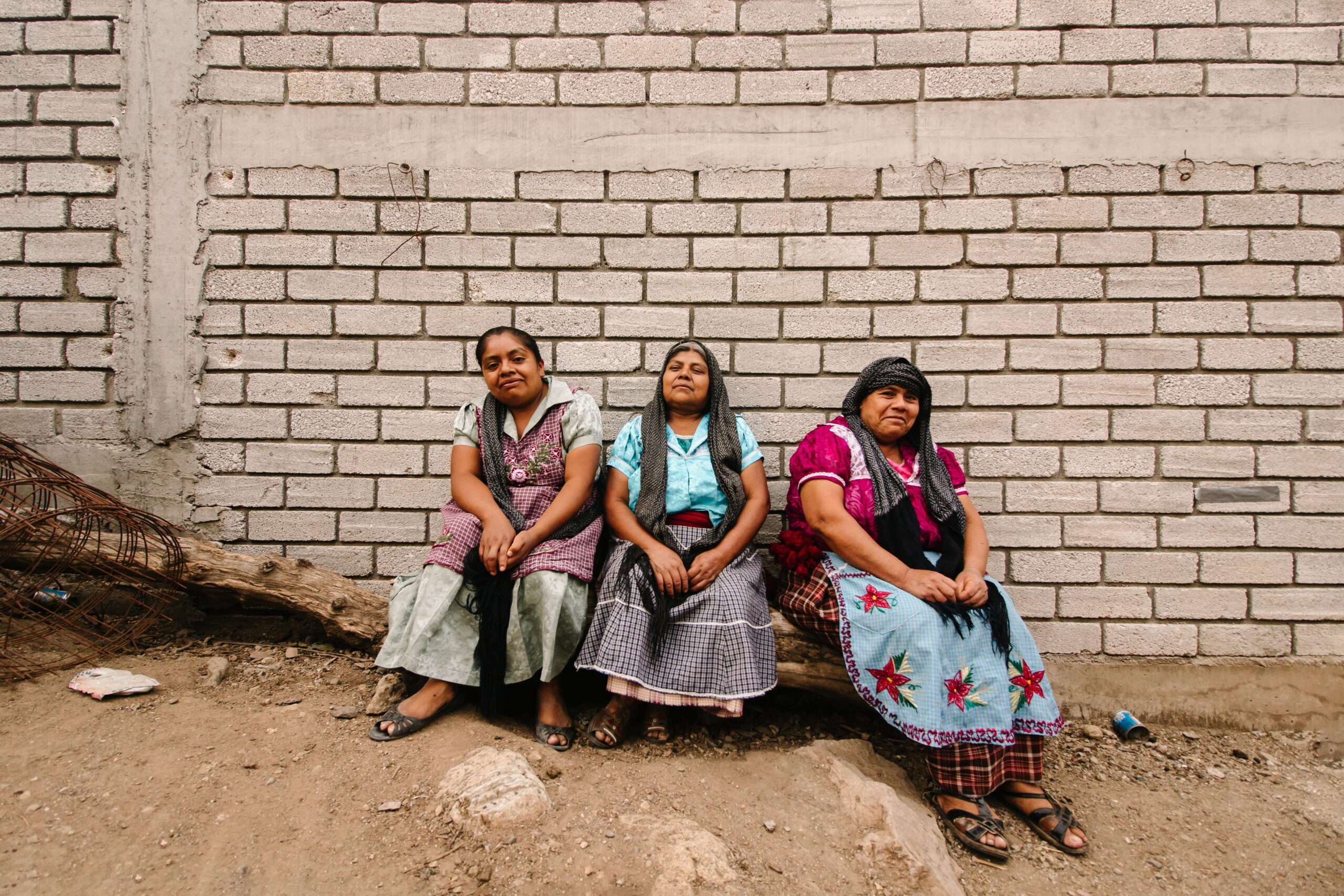By Sofia Gonzalez Brodin
Over the past month, media coverage has been saturated with reports on the spread of wildfires in Los Angeles, California. The wildfires, which began on January 7th, have resulted in at least 29 deaths, and over 10, 000 homes have been destroyed in a total area that is equivalent to Sweden’s capital Stockholm. News media all over the world have closely followed the wildfires, with many reports focusing on the loss of celebrity homes (see for example this news clip of Swedish celebrity Sigge Eklund). Despite increased awareness and knowledge surrounding the ways in which climate change contributes to natural disasters, the Los Angeles fires seem to have left the world in a state of shock and disbelief.
The same reaction was apparent in November 2024 when Spain experienced some of the worst floodings in decades, resulting in the death of over 224 people. How come these events trigger worldly reactions of shock and surprise? But when climate-fuelled wildfires are ravaging the Global South, not only does the world turn a blind eye, but no one appears to be shocked or even alarmed? It seems as though the notion of (climate) vulnerability and its strong association with the Global South has created a certain colonial fantasy, framing the Global North as “invulnerable” and impervious to climate harm.
Climate Vulnerability
Originally, the notion of climate vulnerability was introduced as a way to highlight the disproportionate and unequal ways in which climate change affects people from different parts of the world. By drawing on an intersectional framework, the concept of climate vulnerability aimed to highlight how race, age, gender, ethnicity, sexuality, and other forms of social categories are crucial in deciding both the scale and in what ways people are directly or indirectly affected by climate change. The term MAPA (Most Affected People and Areas) emerged as a key concept in highlighting and prioritising individuals and communities who, due to a history of colonialism and marginalisation, are now disproportionately affected by climate change. These include countries in the Global South, and marginalised groups such as BIPOC, women, and LGBTQ+ people. As such, the concept of climate vulnerability was introduced to directly challenge strategic silences, discourses, and narratives that in different ways shadowed the inequality and social dimension of climate change. Vulnerability, in this sense, refers to and is understood in climate politics as a scientific positivist and measurable phenomenon, through which dangerous levels can be judged.
The Global North and Invulnerability
However, the discourse surrounding climate vulnerability is heavily related to colonial geographic imaginations, and intimately tied to assumptions about where is safe and where is dangerous. While resilience is usually referred to as the material opposite of vulnerability, the concept of “invulnerability” better captures the ways in which the Global North is framed as impervious to climate harm – something that stems from colonial and masculinist rejections of vulnerability. As such, the concept of climate vulnerability seems to, in some aspects, have backfired as it has created a binary opposition of “invulnerability”, serving as an explanation for why wealthy states and the Global North continue to subsidise fossil fuels. As such, the lack of climate action appears to stem from the ways in which vulnerability is being constructed as a racialised and feminised characteristic, thus incompatible with the masculine, white male subject.
A Wake-Up Call
How should we approach the complex inequalities of climate change and the fact that different individuals and communities experience its impacts in radically unequal ways? First of all, it seems only reasonable to emphasise and underscore the reality that climate change affects both people and regions differently. The Global North is indeed the primary contributor to climate change, while the Global South is the one experiencing most of its withering consequences. This division is undeniable. However, the notion of vulnerability – originally intended to bring attention to these disparities – seems to have created a fantasy, fiction, and delusion concerning “invulnerability” and the ways in which the Global North is unaffected, immune, and impervious to the impacts of climate change. This is a dangerous fantasy that lives off of colonial and masculinist rejections of vulnerability, and is currently undermining the entire emancipatory and humanist project of climate action. The Los Angeles wildfires serve as a stark reminder that the West is not exempt from the impacts of climate change. While the destruction is as devastating as it is tragic, it should also act as a wake-up call and urge us to recognise that no one is “invulnerable” – climate change spares no one.




